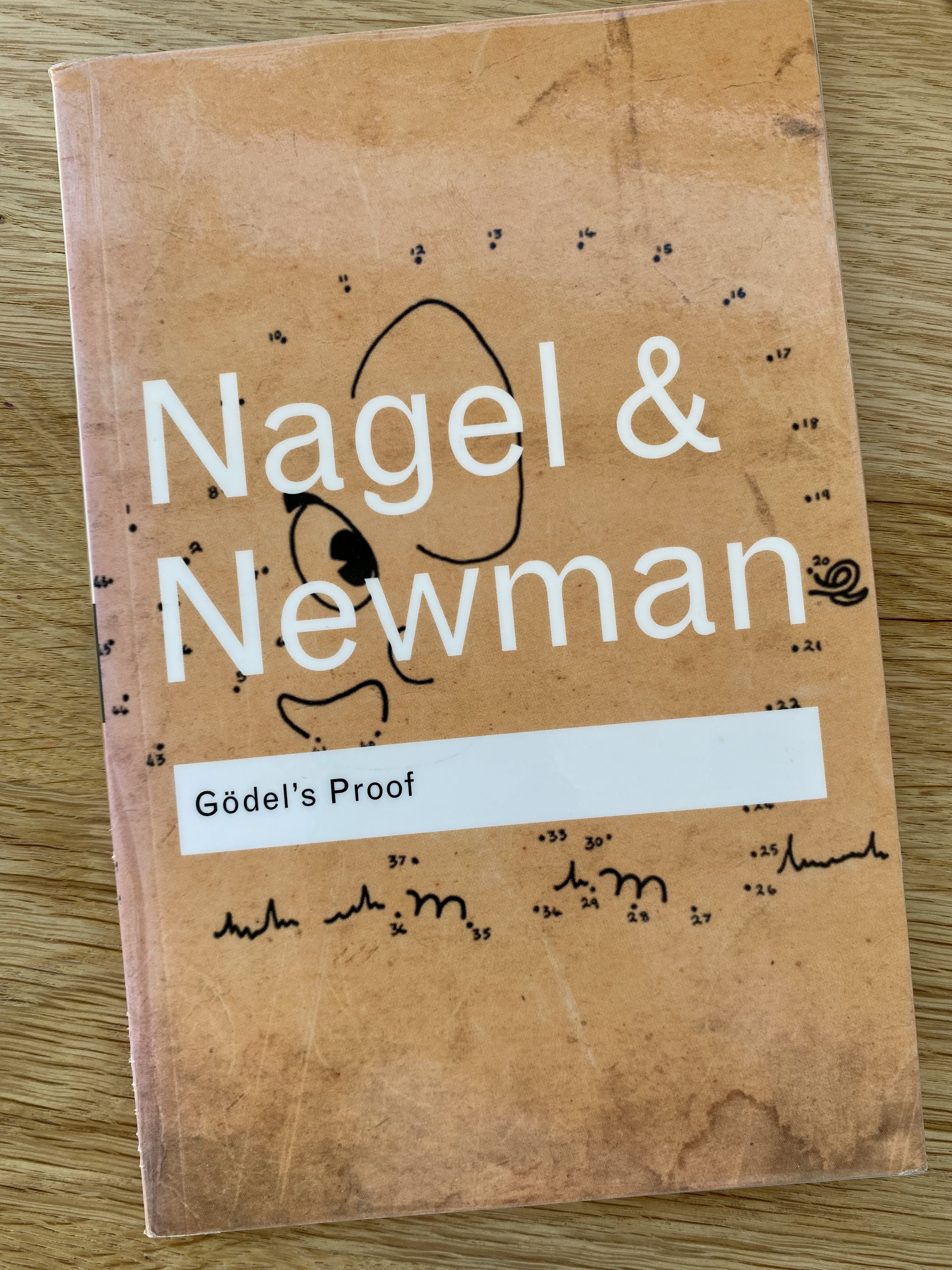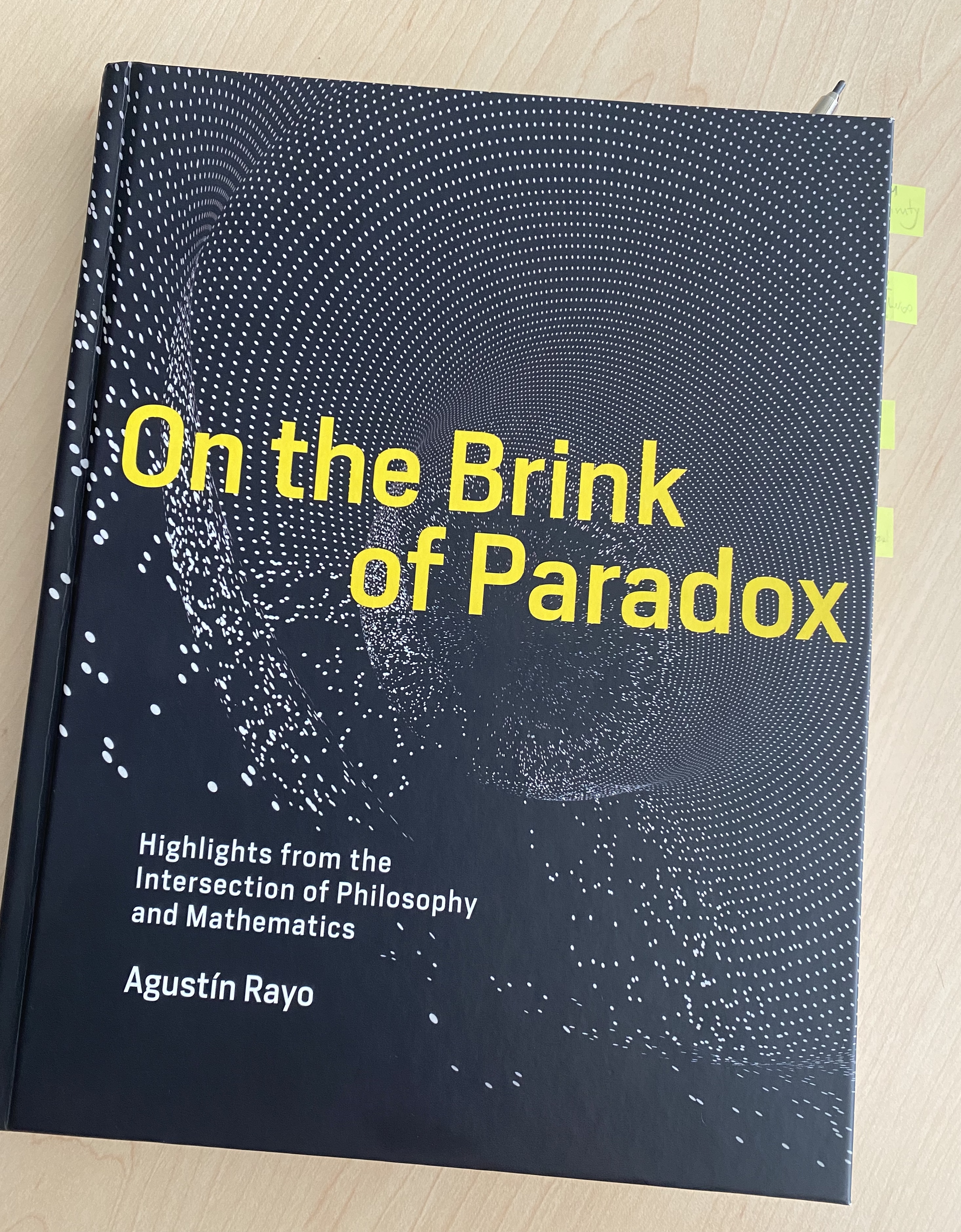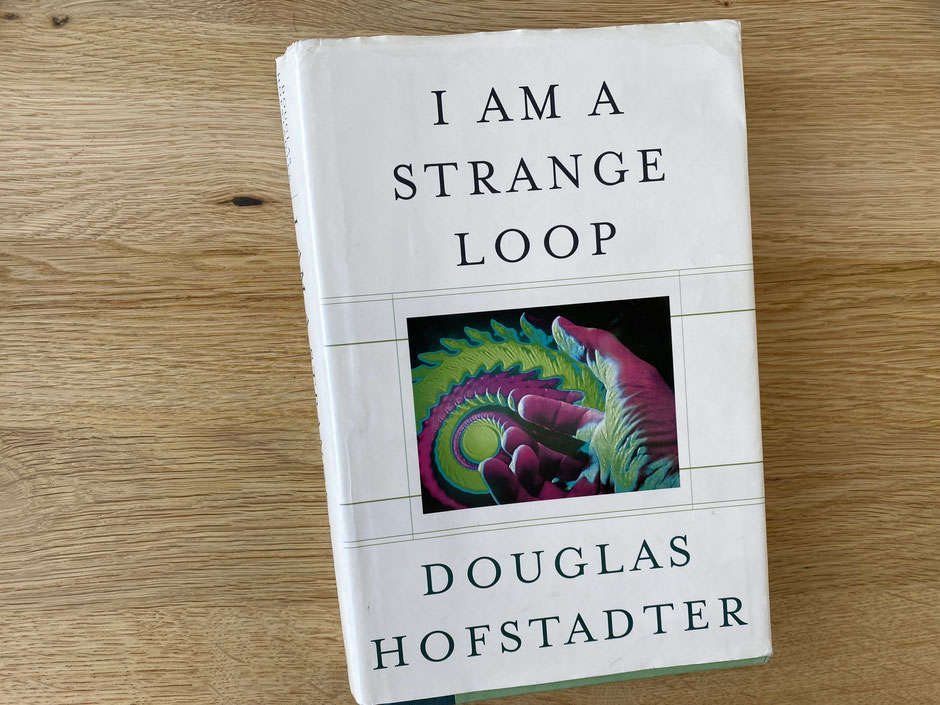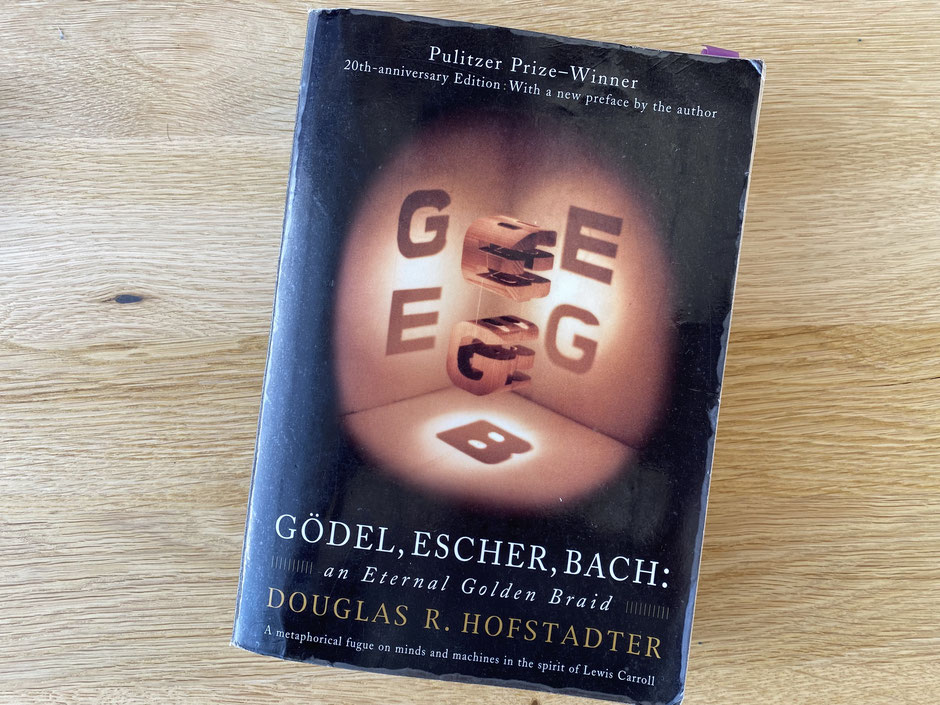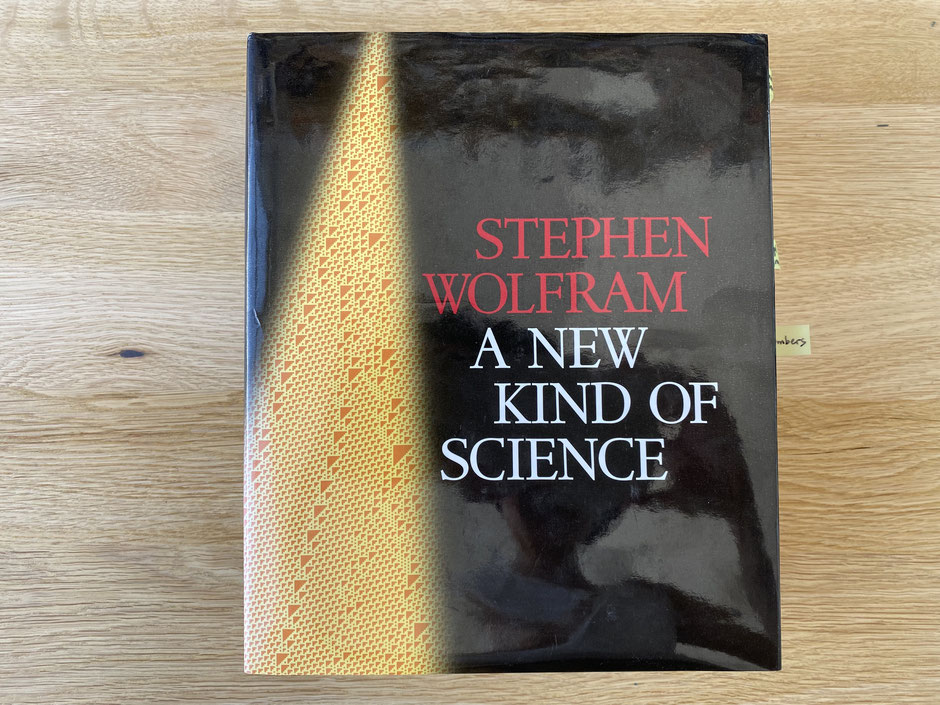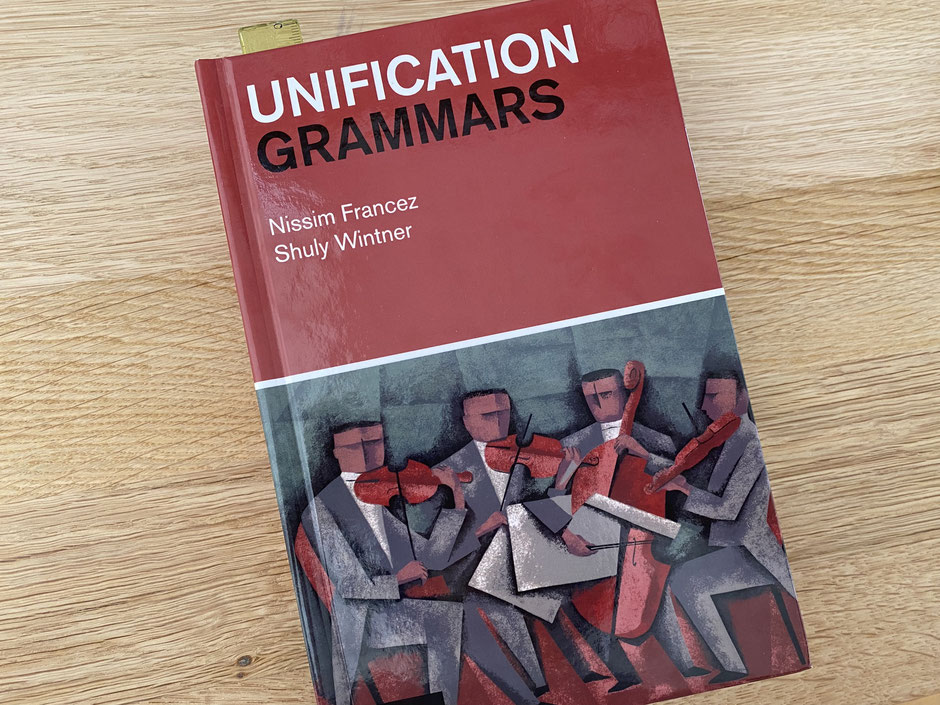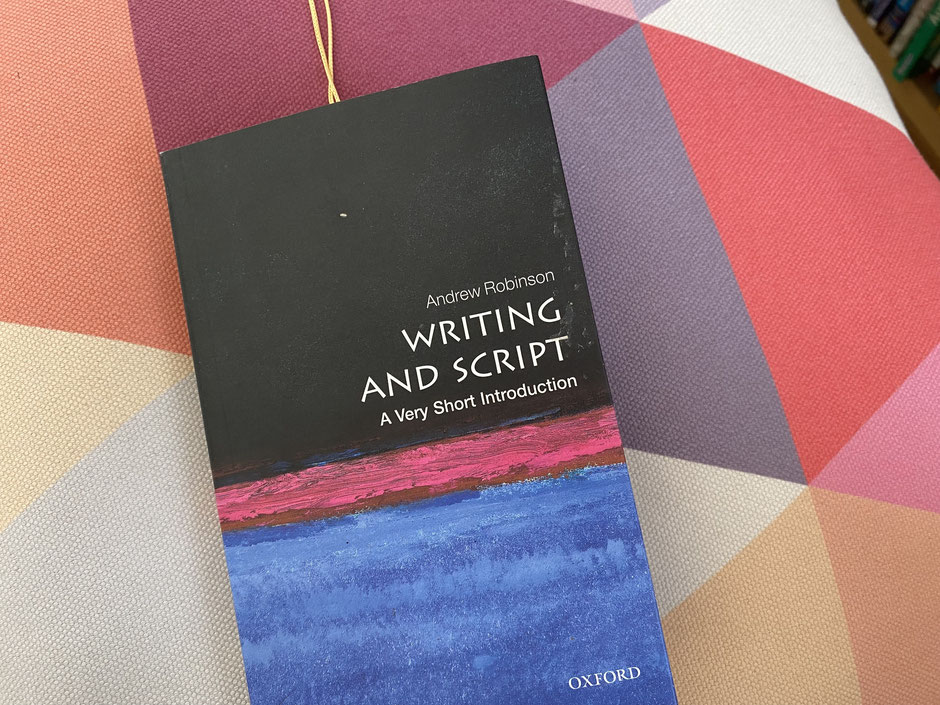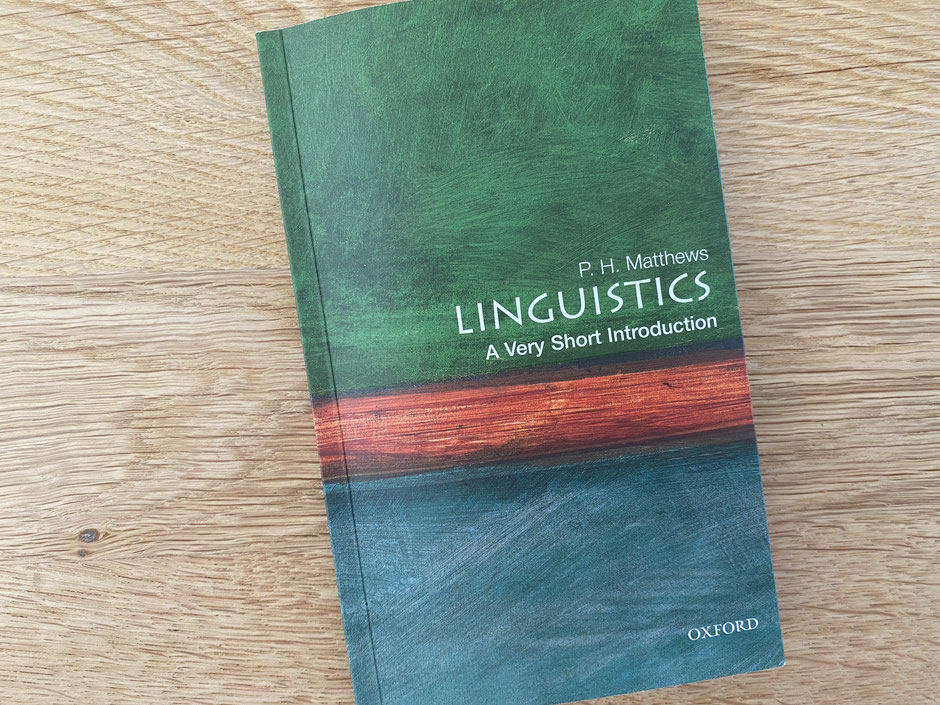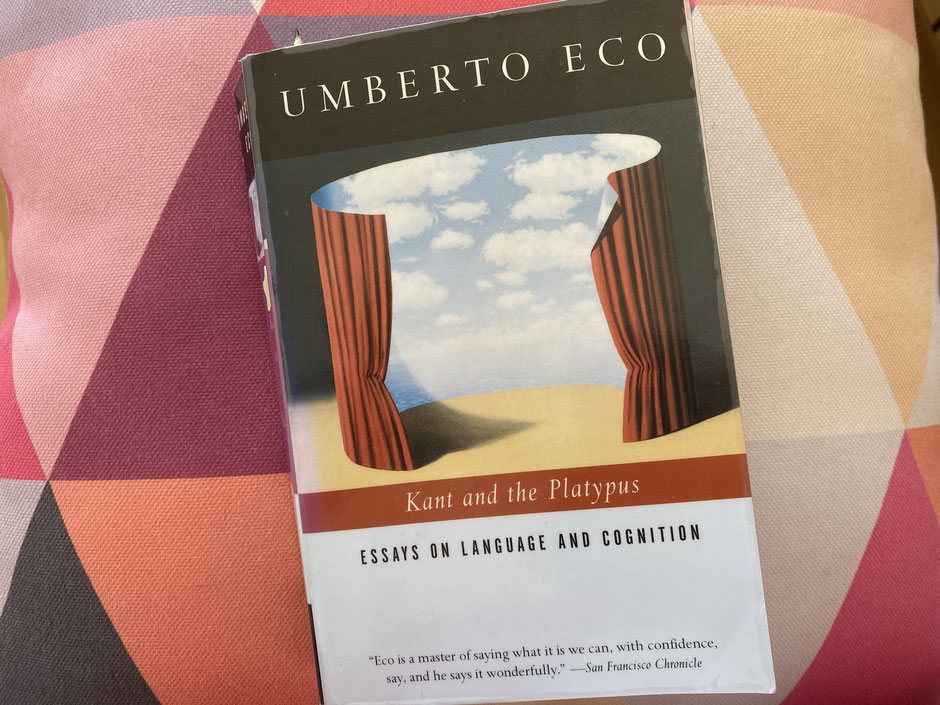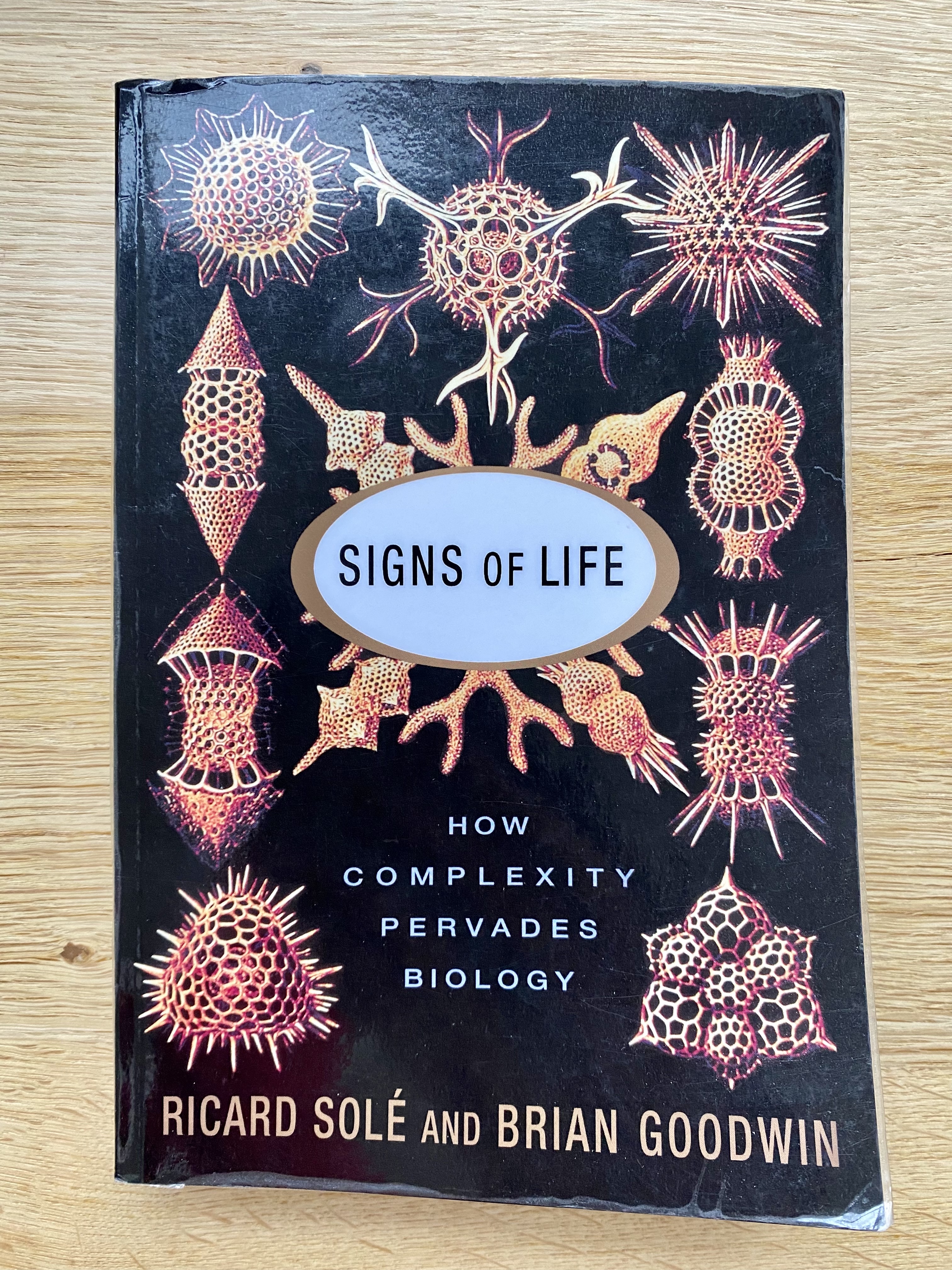
Signs of life, by Ricard Solé and Brian Goodwin
I read "Signs of life: How complexity pervades biology" about 2 years ago, and I was very fascinated by it. (I should add that Ricard Solé is a colleague, and I dare say, friend of mine).
I was very impressed by the breadth of phenomena the book aims to explain --from cities to ants, including brains and the circadian rhythm--, and by its daring and transdisciplinary approach. But the idea I liked the most is that of Life at the Edge of Chaos: that many processes in life, at many scales, are at criticality (hence at the edge of chaos). This includes the mutation rate of viruses, 'cause if they mutate too slowly, they won't explore the landscape of possibilities fast enough, but if they mutate too fast, they won't be able to communicate a fantastic discovery to their fellow viruses because the system will be too disordered. It also includes the frequency of heart --human hearts with a single frequency are unhealthy, whereas those with too many frequencies (arrhythmia) too (apologies for the oversimplified portrait of the situation). It also applies to the distribution of canopy trees in the jungle... In words: the long range correlations of the Ising model at criticality can be seen as optimising many perspectives, that is, as resolving many competitions. In fact, I believe that the idea of Life at the Edge of Chaos can be applied to one's own life --too much order is harmful, and so is too much disorder :)
By Ricard Solé I also read Redes complejas (Complex networks), Vidas sintéticas (Synthetic lives) and La lógica de los monstruos (The logic of the monsters) --unfortunately I don't know if they are translated.


